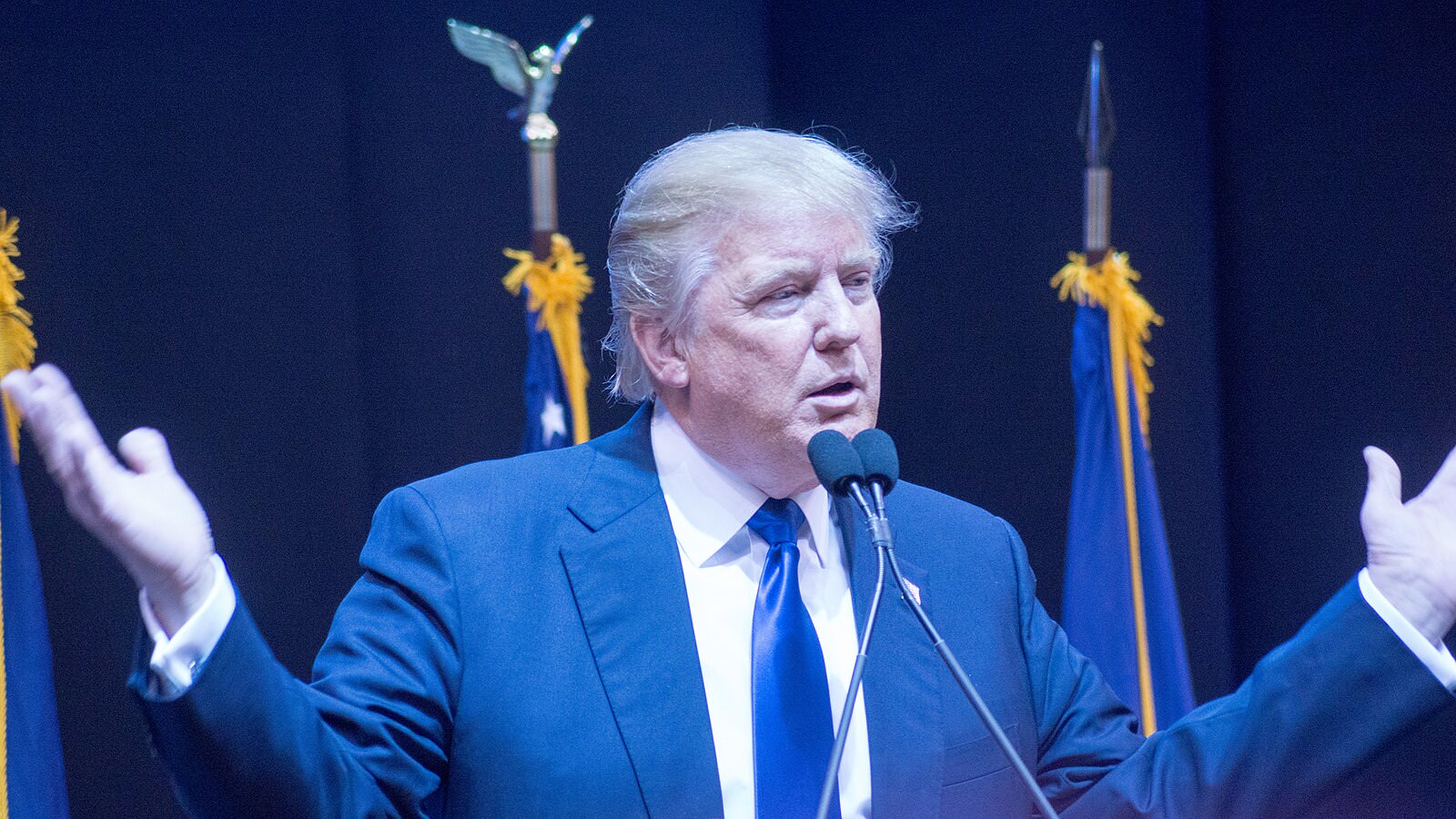U.S. News
Judge weighs removing Fani Willis as Trump Georgia case prosecutor over relationship questions
By Jake Beardslee · March 1, 2024
In brief…
- Judge must decide whether to disqualify DA Willis based on alleged conflict of interest
- Defense claims Willis lied about timeline of relationship with prosecutor Wade
- Judge questioned whether an "untruthful statement" necessitates disqualification
- Ruling could have major implications for Trump's criminal case in Georgia
- Trump pleaded not guilty to election interference charges in Georgia

Attorneys representing former President Donald Trump and his Georgia co-defendants made their final arguments on Friday to disqualify Fulton County District Attorney Fani Willis (D) from the election interference case, citing her romantic relationship with special prosecutor Nathan Wade as a conflict of interest.
After three hours of legal arguments, Judge Scott McAfee said he hoped to issue a ruling in the next two weeks, noting “there are several legal issues to sort through” and “factual determinations” to be made, according to The Hill.
The judge must now decide whether Willis and her office should be blocked from continuing to prosecute Trump and his allies, a ruling that will significantly impact the future of the historic case in Georgia. Trump has pleaded not guilty to the charges.
The defense argues Willis and Wade did not testify truthfully under oath about when their relationship began, while prosecutors maintain it started in early 2022. Witness testimony from Robin Yeartie, a former friend of Willis, and text messages from Wade’s ex-law partner Terrence Bradley align with the defense’s claim that the relationship began in 2019.
However, Bradley described his texts as “speculation” in court, raising doubts about his credibility. The prosecution portrayed Bradley as a “disgruntled, vengeful speculator” and attacked the credibility of the defense’s other witnesses.
Even if the judge finds the prosecutors lied, it remains unclear whether he would disqualify them. The defense claims only an “appearance of impropriety” is necessary, while the prosecution argues an actual conflict of interest must be proven.
The high-stakes decision could significantly impact the historic case against Trump and his allies for alleged election interference in Georgia, where he faces criminal charges and pleaded not guilty.